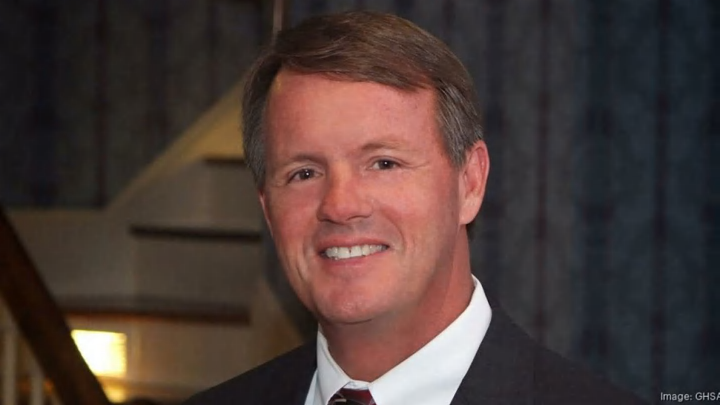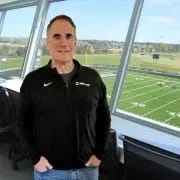GHSA alerts student-athletes of eligibility risks surrounding certain NIL deals

Robin Hines, Executive Director of the Georgia High School Athletic Association (GHSA), sent a two-page letter to GHSA member schools this week which warned the state's high school student athletes of risks to their eligibility should they take part in certain Name, Image and Likeness (NIL) deals that violate the state's NIL policies.
The warning stems from a decision by the NIL Club, a private organization seeking to benefit from paying athletes for exclusive use of their online digital content, to open its services up to high school athletes. Previously the NIL Club worked exclusively with college athletes with more than 200,000 of them registered on its platform. The NIL Club places the digital content on websites with paywalls and shares revenue with athletes out of subscription proceeds based on the amount of traffic their content drives.
One of the concerns is that the content – photos, videos and editorial – could depict the athletes representing their schools and teams in uniforms or other identifying gear. Profiting from this use is in strict violation of GHSA NIL policies. Most other states which allow NIL opportunities for high school athletes have similar restrictions.
RELATED: FHSAA issues stern warning to athletes about new NIL bylaw
On its web site, the NIL Club describes itself as “a unique, student-run fan community designed to financially benefit its member students by delivering paywalled digital content to their biggest fans. By subscribing to the club for a monthly fee, fans get exclusive access to content during their membership, while also supporting the participating students as creators.”
In a recent interview with the Florida Times Union, NIL Club co-founder Mick Assaf, a former football player at the University of Notre Dame said, "The way that I would describe NIL Club is they are student-run fan communities. The people that subscribe are interested in seeing creators, the students, success financially. The goal is to create online communities to provide paywall digital content to fans. For us, we have more than 200,000 college athletes on the platform. ... It creates a lot of demand from high school (athletes)."
In an email to SBLive Sports, Assaf also stated, "We have a monitoring system and team in place to ensure any content involving the school or state association is not posted. We also educate athletes about their state's NIL rules to help them maximize their NIL potential while ensuring full compliance.
He further stated the NIL Club's software includes a monitoring system that flags and removes school IP, uniforms, and marks when students attempt to use them on the site.
According to Hines, the demand may be real but it could cost Georgia high school athletes far more than they gain.
“This has no place in the high school space, none whatsoever," Hines told the Atlanta Journal Constitution in reference to the NIL Club. "It’s a company trying to make a buck.
“This will put children’s eligibility at risk if they follow through.”
In his letter Hines also pointed out another violation of Georgia NIL policy by those who may participate in the NIL Club, because it allows boosters to funnel them money in violation of GHSA bylaw 1.73. This bylaw defines a booster as “members of the school’s Booster Club; students; alumni; parents; guardians; or relatives of a student or former student; financial donors; donors of time and effort; personal trainers or coaches renting facilities.”
The GHSA NIL policy was adopted in October of 2023. According to Georgia High School Football Daily, Hines reported that the GHSA was aware of 87 athletes who took part in NIL deals during the recently completed academic year, but that number dropped to 44 by the end of the year as a number of elite football players had left their schools early and enrolled with their college programs.
